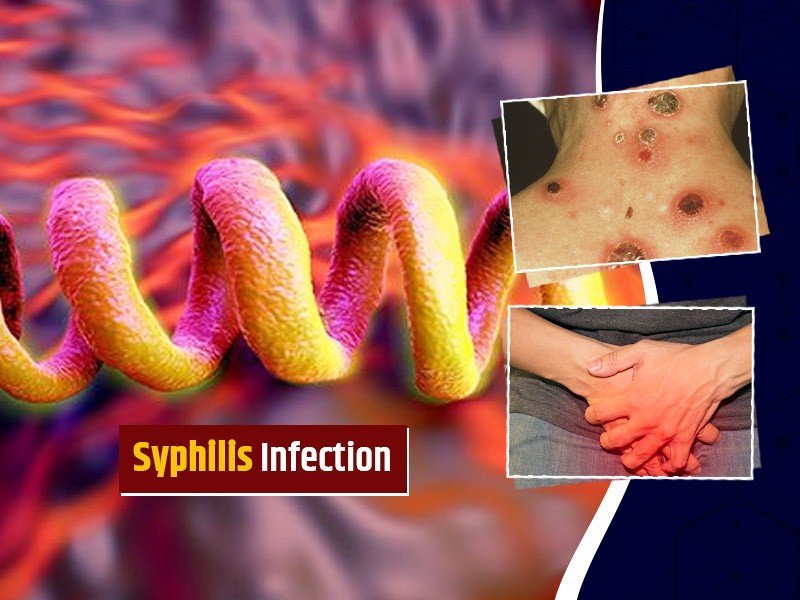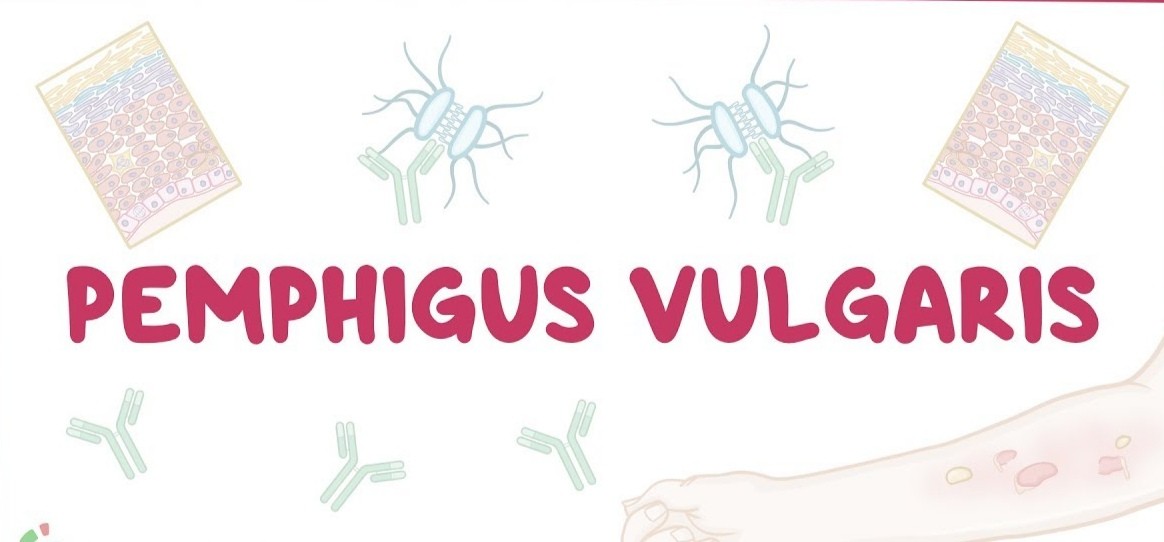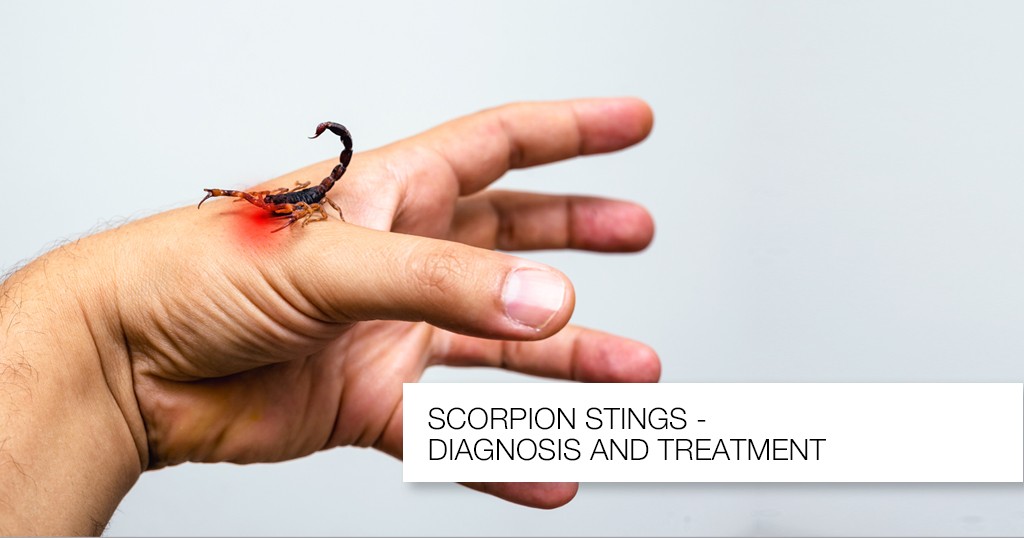Published - Mon, 05 Sep 2022

A low-protein diet is beneficial for Kidney Disease
A low-protein diet is useful for
chronic kidney disease, however, few studies suggest that a vegetarian,
high-soy diet could also be problematic to these patients. The potential
effects embody excretory organ calcification and reduced mineral absorption
A low-protein diet may be helpful to a
patient with chronic kidney disease (CKD), however, the supply of protein is
also important for the body. Several clinicians assume that a vegetarian diet
is superior for kidney patients; however, this may not be true. With a
vegetarian diet, the patient could also be missing some probably helpful essential
nutrients found primarily in animal sources. Vegetarian sources might also
contain substances like phytates and that might probably damage the kidney.
Patients with CKD need to consume
adequate Protein to stop the body from coming into a catabolic state. However,
an excessive amount of Protein can place stress on the kidneys. Since a patient
could also be fighting a chronic condition for several years, a low-protein
diet ought to embody enough Protein to stop frailness and at the same time
shield the kidneys. For long use, a low-protein diet should not be causing a
negative balance
1. Red bell peppers
1/2 cup serving red bell pepper = 1 mg
Na, 10 mg phosphorus
These tasty vegetables also are a
wonderful supply of vitamins C and A, further as pyridoxamine, vitamin B
complex, and fiber. Red bell peppers are also rich in carotenoids which are
antioxidants that help protects against sure cancers.
2. Cabbage
1/2 cup serving cabbage = 6 mg Na, 60
mg K, 9 mg phosphorus
A veggie, cabbage is packed with
photochemical, chemical compounds in fruit or vegetables that hack free
radicals before they can cause harm. Several photochemical also are famed for shielding
cells from an injury that might cause cancer.
3. Cauliflower
1/2 cup serving cooked cauliflower = 9
mg Na, 88 mg K, 20 mg phosphorus
Another veggie, cauliflower is high in
ascorbic acid and has an honest supply of B and fiber. It’s additionally packed
with indoles, glucosinolates, and thiocyanates—compounds that facilitate the
liver to neutralize hepatotoxic substances that might injure cell membranes and
deoxyribonucleic acid.
4. Garlic
1 clove garlic = 1 mg Na, 12 mg K, 4 mg
phosphorus
Garlic has antimicrobial properties
that facilitate forestall plaque from forming on your teeth and reduce
inflammation.
5. Onions
1/2 cup serving onion = 3 mg Na, 3 mg
phosphorus
Onion, a member of the genus Allium
family and basic fixings in several hard-baked dishes, contains sulfur
compounds that provide it its pungent smell. However, onions also contain flavonoids,
particularly quercetin, a robust inhibitor that will scale back cardiopathy and
shield against several cancers.
6. Apples
1 medium apple with skin = 0 Na, 10 mg
phosphorus
Apples might forestall constipation,
shield against cardiomyopathy and scale back the danger of cancer. High in fiber
and anti-inflammatory compounds, An apple a day keep the doctor away—good news
for folks with nephrosis
Keep in mind that these foods are
healthy for everyone—including members of the family and friends who don't have
kidney disease.
Created by
Comments (0)
Search
Popular categories
Latest blogs

All you need to know about Syphilis
Tue, 15 Nov 2022

What is Pemphigus Vulgaris?
Tue, 15 Nov 2022

Know about Scorpion Stings
Sat, 12 Nov 2022

Write a public review